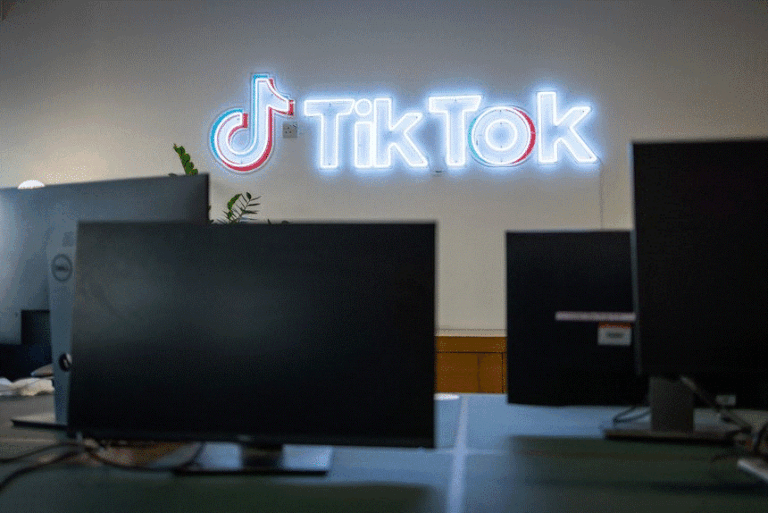TikTok has launched Project Clover, a series of security measures designed to allay concerns about user data being shared with China. The measures include the appointment of a separate security company to monitor data flows and increased difficulty in identifying individual users. The platform will also introduce “security gateways” to control employee access to European user information and data transfers outside of Europe.
The European Commission has already banned the ByteDance-owned app from staff devices. In an effort to store European user data locally, TikTok has revealed plans to build two new data centres, costing a total of €1.2bn (£1.1bn) each year, in Dublin and the Hamar region of Norway. The data centres will be operated by third parties and run on renewable energy.
READ ALSO:
Revolutionary Car Fitted with Surveillance Technology Developed by Abu Dhabi Company Tatweer
Nasser Vocational Training Centre to Train 10,000 Bahrainis in Coding by 2027
TikTok has been working on Project Clover since last year. Theo Bertram, TikTok’s vice-president of government relations and public policy in Europe, said: “We’re ahead of the curve on this because we have to be – because we need to earn trust”. The platform is fighting to prove it poses no national-security threat. Executives unveiling Project Clover repeatedly said they were going further than other major social networks to protect user privacy.
More than 100 million Americans use the viral-video app, but the Canadian and US governments have restricted its use on official devices. TikTok has said such bans are “misguided and do nothing to further privacy or security”. However, the US seems firmly set on taking action against the app.




